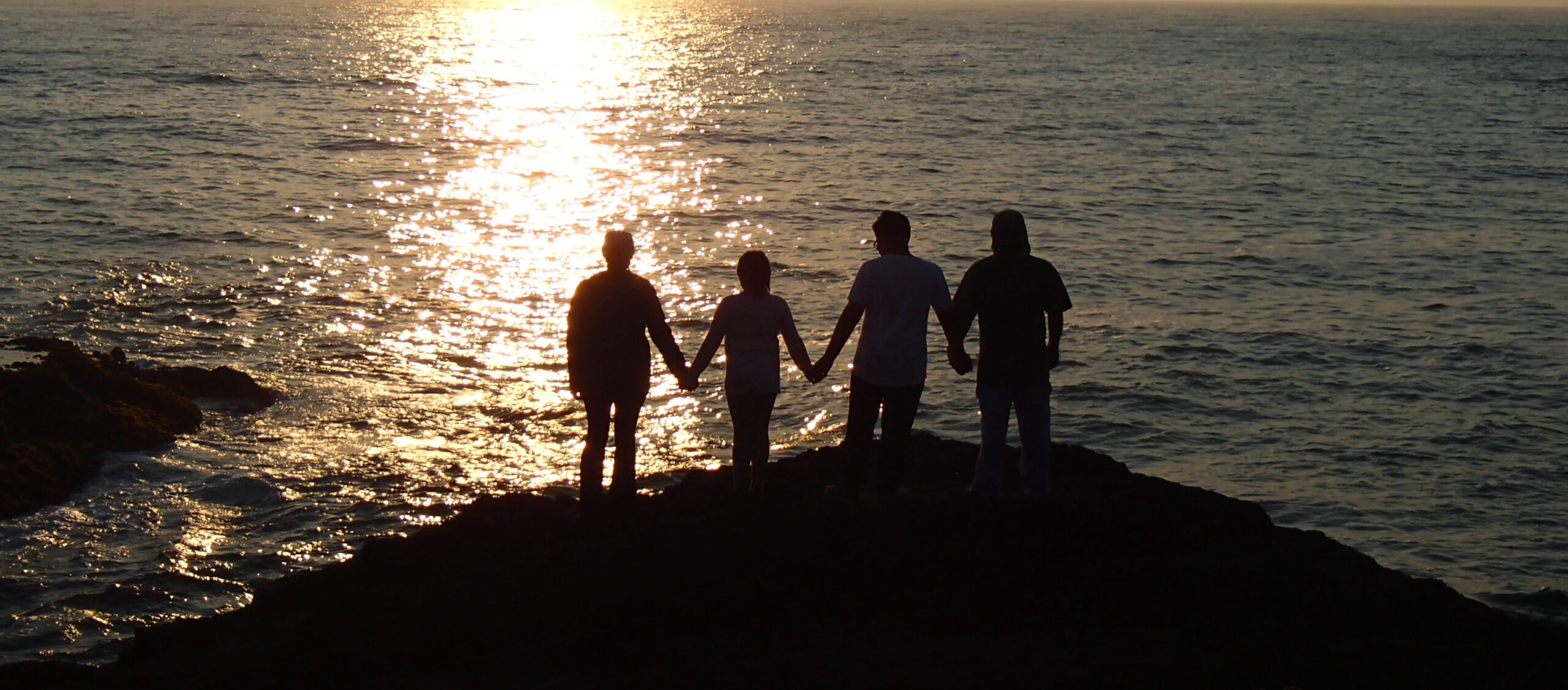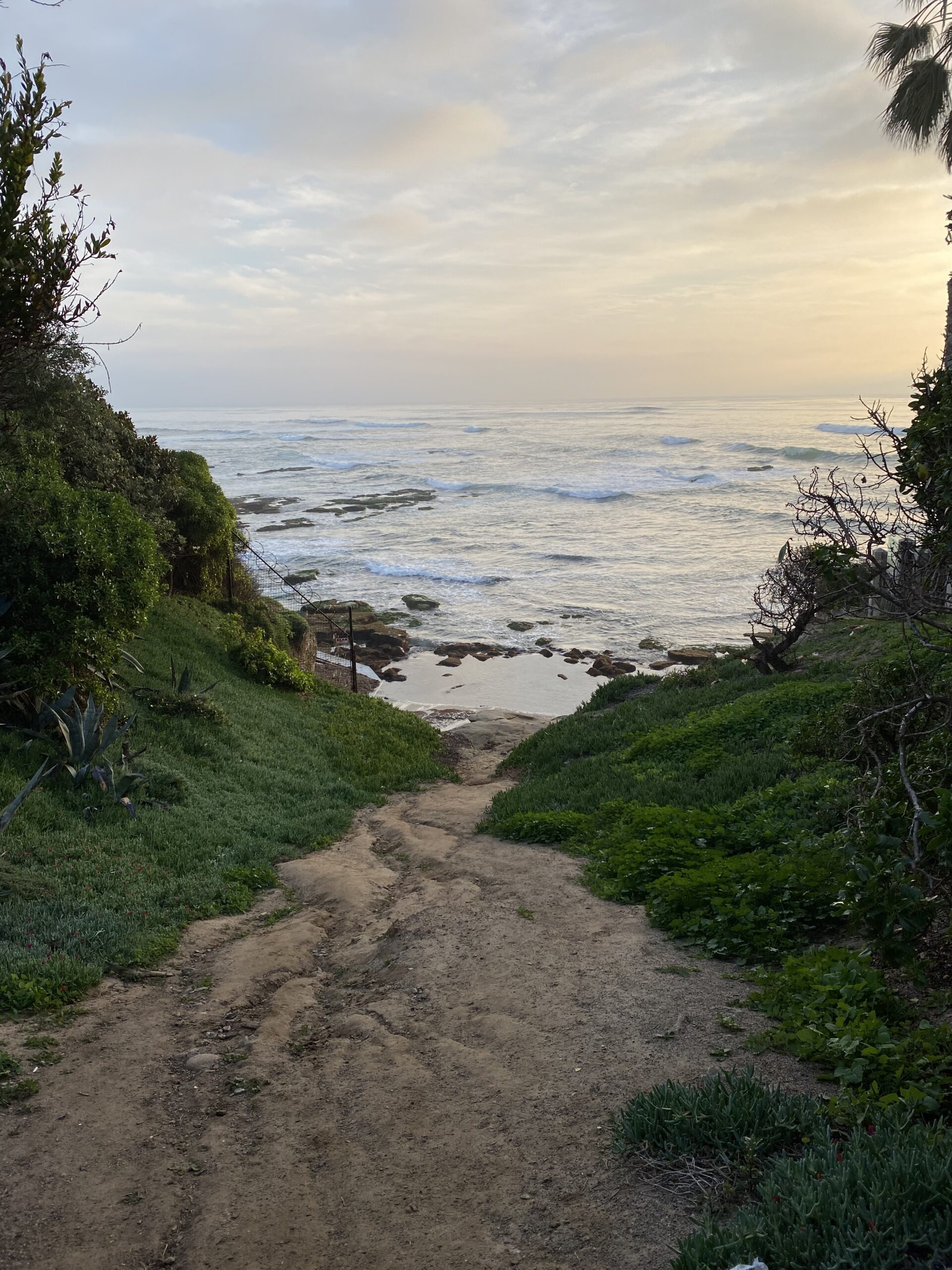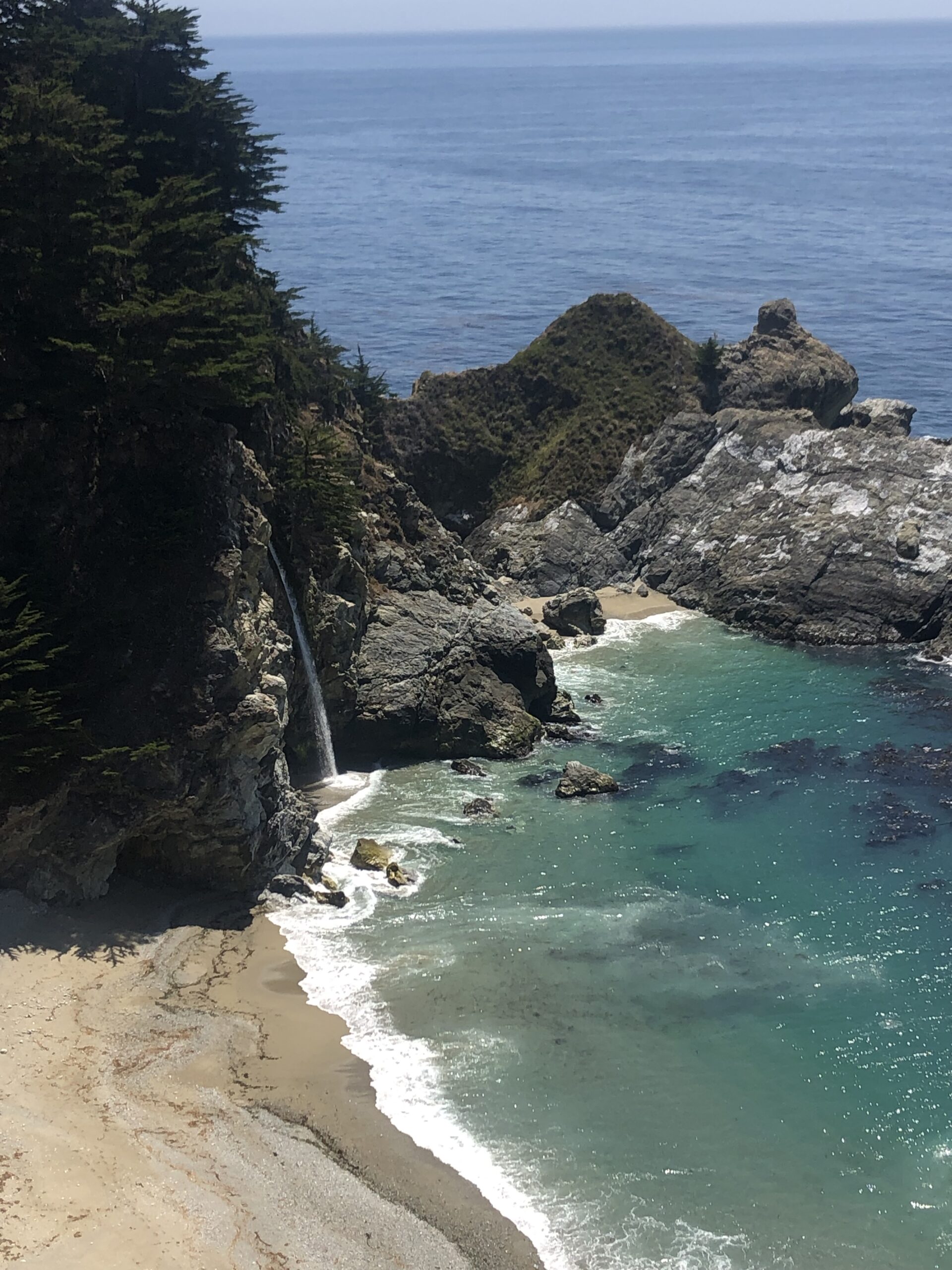
In our quest to create an ocean conservation realm where everyone feels welcome and valued, the MPA Collaborative Network recently wrapped up a Justice, Equity, Diversity, and Inclusion (JEDI) workshop series offered in partnership with Just Communities Central Coast. The series, with six events reaching over 300 participants, was designed in response to the widespread request from collaborative chairs and community members to apply a JEDI lens to the often racist, colonialist, and exclusive ocean conservation realm.
In the spirit of our mission for our work to be community-driven, we have asked participants of the series to share some of their insights on how best to move this work forward in an inclusive, meaningful, and non-extractive way. The following “take-aways” are the product of these insights:
Engage early, often, and authentically:
Authentic engagement requires adapting to diverse needs. We have learned that this often means picking up the phone, getting together in person, and having meaningful relationship-building and conversations beyond “business matters.” Outreach should begin before or during visioning, rather than after a vision is created. It requires follow up (doing more than sending a single email or leaving a voicemail), but also respecting when individuals or organizations decline to participate. This may require extending deadlines (or making them less time-constrained to begin with). Equitable engagement must involve acknowledging capacity issues and honoring the needs of participants by offering accommodations (childcare, food, transportation, translation) and honorariums (financial support). It also requires shared decision-making power, which means outlining up-front the way decisions are made, ensuring input impacts processes and outcomes, and tangibly demonstrating how these processes and outcomes were shaped by input received. It is okay and sometimes necessary to pause workflows in order to evaluate process, progress, and impact and to adapt accordingly. These considerations also apply to design of programs, which should be strategic and focused on specific community needs.
“I am more aware that I need to be inclusive and sensitive with everything I do. From organizing events to creating outreach materials, to talking to people one-on-one. I am much more aware of how my words may be received by others. I have also learned how much has been taken away from Indigenous people and how important it is to amplify their voices.” – workshop participant
Honor and take accountability for past and present harm:
Telling history accurately involves changing our daily narratives. It is important to continually acknowledge how past and present oppression impacts our work, and to challenge it within our organizations and partnerships. This is a vital component of trust building. This might involve steps such as apologizing for personal and organizational missteps (remembering impact is often more important than intent) and removing phrases such as “historically marginalized” from our vocabulary, as the term “historically” implies challenges have been overcome. It is also important to develop an understanding of past and present factors that perpetuate injustice, including:
-
- The foundation of the modern western conservation movement by individuals holding racist and colonialist ideals
- The segregation and exclusion systematically perpetrated in outdoor spaces
- The creation of protected spaces on stolen land
- The development of protected spaces and environmental programs without input or leadership from People of Color
- The positionality of conservation work within larger systems of injustice
- The reality that all of us as individuals perpetuate racist, colonialist, and unjust systems
Move beyond inviting everyone to the table. Welcome them into the kitchen:
Speaking metaphorically, this means not just inviting everyone to share a meal that has been prepared by the cooks and management (power-holders) with their chosen ingredients (cultural norms, priorities). It is also not enough to ask for dietary restrictions (allowing for limited input that does not change the actual cuisine-type or chosen culinary methods). Everyone must be invited to the kitchen to contribute their own recipes (historical knowledge), ingredients (culture), nutrients (understanding & wisdom), and spices (true self).
“[People of Color] experience environmental and conservation differently and have been excluded and harmed by environmental [organizations].”
“The biggest message that resonated and I have used is inviting everyone to the kitchen and not the table.” – workshop participant
Interpretation and translation in-the-moment are incredibly skill heavy endeavors and vary depending on the ethics and values of the interpreter:
Firstly, hats off to interpreters and translators! The process not only requires the mastery of multiple languages, but also a very unique and well-developed skill set. Translation and interpretation are not exact sciences, especially when considering the various dialects that often exist within a language, and the individual characteristics and perspectives of human interpreters. We heard from Just Communities, as well as from many participants, that dual-language speakers are often placed into the role of de-facto interpreters. Although the intention is often to provide services that are otherwise unavailable, it is important to weigh these benefits with 1) the potential to undermine desired outcomes of interpretation and translation, which often requires extensive professional training and 2) the potential to overload dual-language staff with responsibilities outside of their job responsibilities.
“One Room, Many Voices was the most impactful to me as it provided a tangible experience of what it is like to not have your language represented. Something that we take for granted is a major barrier to many in our communities, and hinders involvement. After this workshop I hosted [some events] at local schools and was very excited that we were able to secure interpreters for those events.” – workshop participant
People can only be expected to share about their lived experiences:
Unless an individual has explicitly stated that they are representing a larger group, it should not be assumed that they are speaking for others. We are each individuals, shaped by our upbringing, culture, environment, and many other factors. Our perspectives are as diverse as our individual lives are. This is particularly important when hearing from Tribes. Speaking to, working with, or getting permission from an individual Indigenous person does not mean that you have spoken with, worked with, or received permission from the Tribe. This should be understood within the context of sovereignty.
“It is really important to understand different historical experiences in our country to help frame the discussion and engagement.” – workshop participant
Consider the influence of event size on accessibility, impact, and reach:
Small groups with limited capacity can allow for an increased sense of intimacy and comfort, especially when engaging in heavy or challenging conversations. However, the MPA Collaborative Network and other organizations were founded on the ideals of inclusivity and combined strength. Because of this, it is important to have intentional discussions about how events can be offered to a large number of participants. This could mean having more breakout rooms, interactive features, or multiple sessions. Recordings of events also help to multiply impact and reach, although privacy must be considered (ensure consent of presenters and participants and do not record private conversations or breakout rooms).
“I know the decision was made to not record some of the sessions, I imagine as an effort to increase discussion and ensure a safe space… I just wish I could return to review some of the things that were discussed.” – workshop participant
These are only a few of the many take-aways from the series. Resources and recordings can be found in our Resource Library. Topics include: developing a common understanding of key terms; understanding how colonialism and racism impact ocean science and conservation; building blocks for engaging diverse communities; and exploring language access, justice, interpretation, and translation.
The MPA Collaborative Network is committed to continuing this work within our staff, network, and the structures we operate within.
Thank you to our partners at Just Communities Central Coast. “Just Communities Central Coast advances justice by building leadership, fostering change, and dismantling all forms of prejudice, discrimination, and oppression”.


